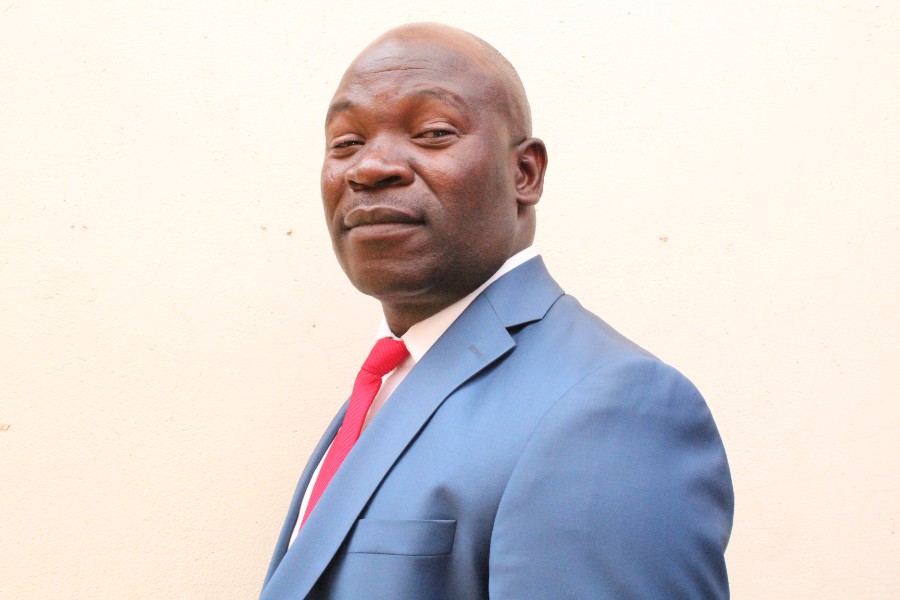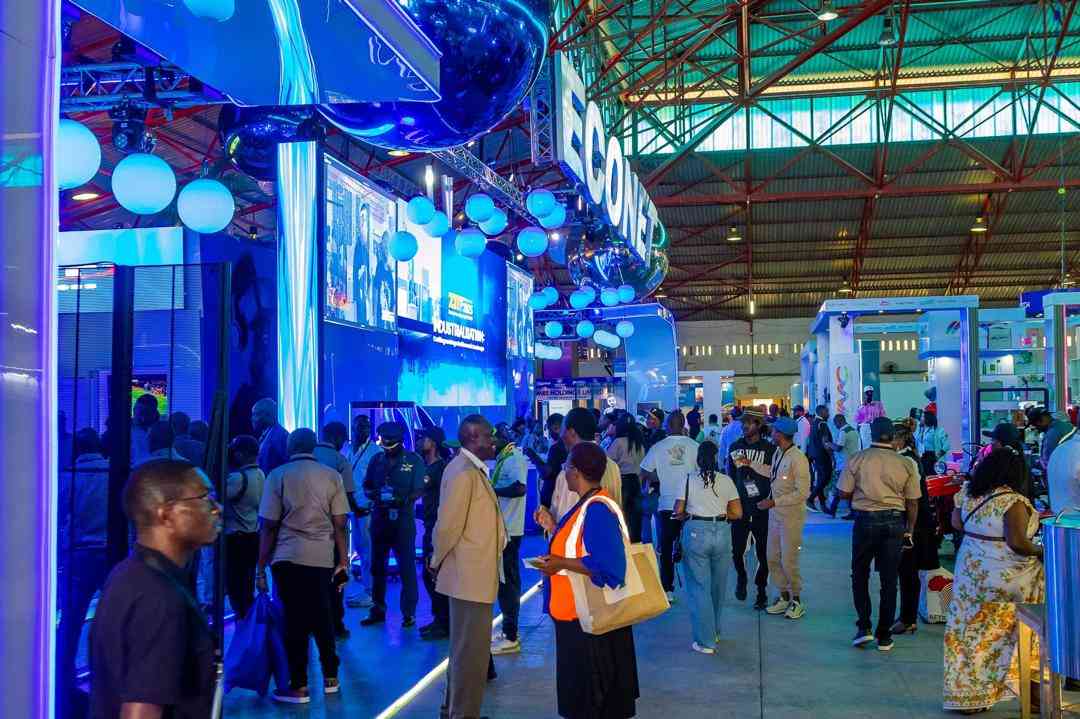
BY METHEMBE SIBANDA JOURNALISTS yesterday criticised MDC Alliance legislator Peter Moyo for his claim that the Patriotic Bill, coupled with strict media regulation were necessary to whip journalists into line.
Moyo, who is the chairperson of the Parliamentary Portfolio Committee on Information Communication Technology (ICT), defended the Bill, saying a number of countries had tough laws against “unpatriotic” citizens.
“In other countries, if you say something bad against the country, you won’t even be able to return back,” (sic) Moyo said in his contributions at the ninth edition of the Digital Rights and Inclusion Forum meeting in Harare yesterday.
But Zimbabwe National Editors Forum chairperson Dumisani Muleya shot back, saying Moyo was offside as patriotism could not be regulated.
“If people are governed well, they become patriotic. Patriotism is not a forced matter, everyone loves their country. In fact, those who kill citizens and steal taxpayers money are the least patriotic, not a journalist who writes the truth about the abuses,” Muleya said.
The meeting was held under the theme Towards a Digitally Inclusive and Rights-Respecting Africa.
The Zanu PF government plans to introduce the Patriotic Bill to punish people it deems unpatriotic.
The proposed law has been widely criticised as an attempt to silence human rights and civic groups and political opponents for exposing corruption, misgovernance and human rights abuses.
- Chamisa under fire over US$120K donation
- Mavhunga puts DeMbare into Chibuku quarterfinals
- Pension funds bet on Cabora Bassa oilfields
- Councils defy govt fire tender directive
Keep Reading
Meanwhile, the government was urged to designate digital inclusion as a human rights issue, and subsidise the internet to plug democratic deficiencies and ensure no Zimbabwean is left behind in participating in governance issues.
Zimbabwe Media Commission deputy chairperson Jasper Maphosa said digital inclusion was a fundamental human right.
“We need to find out how we can build a digitally inclusive environment. Internet access is a human right. Government should make a deliberate move to ensure that digital rights are human rights. This will allow the government to subsidise internet access and allow more people to participate in the governance issues of the country,” Maphosa said.
“Digital inclusion will plug democratic deficiencies in the country, The internet should be subsidised, surprisingly, the people do not make noise when data prices rise, the same way they do when bread prices rise, yet data is a human right.”
Zimbabwe, with an internet penetration rate of about 33,6% of the population as of January 2022, experienced a huge challenge especially in the education sector during the COVID-19-induced school closures.
Most pupils in rural areas missed lessons when some schools rolled out virtual learning during the pandemic due to lack of internet access as well as gadgets and enabling ICT infrastructure. This, according to teacher unions, created a huge digital divide between urban and rural learners.
Thobekile Matimbe, community manager for Paradigm Initiative, a civic group that promotes digital rights and inclusion in Africa, said there was a need to foster digital inclusion.











